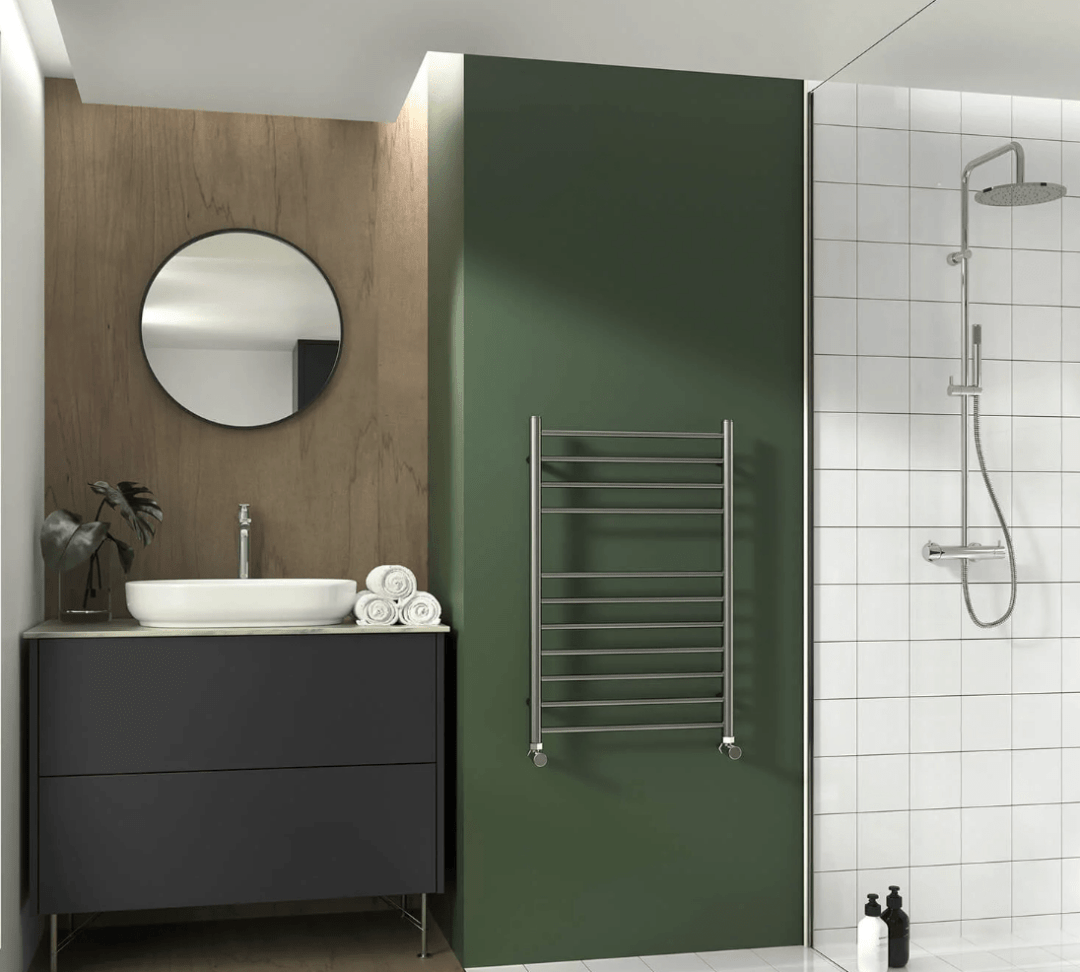Electric vs. Hydronic Heated Towel Radiators: Which is Best?
In recent years, towel radiators have transformed from a luxury item to a must-have feature in many homes, particularly in modern bathrooms. Offering comfort, warmth, and functionality, these appliances come in various types, with electric and hydronic heated towel radiators being the most popular. Yet, the question persists - which of these is the best option? The answer greatly depends on your specific needs and circumstances, but we can explore the pros and cons of each type to help you make an informed decision.
Electric Heated Towel Radiators
Electric towel radiators operate independently of your central heating system. They come with an attached heating element which heats up when electricity flows through it. This process warms the radiant tubes, effectively heating up your towels and the surrounding space.
Advantages
● Independent operation: Since electric models operate independently of your central heating system, they only need an electricity supply to function. This means you can switch them on whenever you need, even during summer when the central heating is off.
● Easy installation: Without the need for complex piping to connect to your heating system, electric models can be installed easily and quickly.
● Energy efficiency: Some of the latest models are energy efficient, shutting off automatically when the set temperature is reached. This feature limits electricity consumption, hence, reducing energy bills.
Disadvantages
● Can be pricey: While electric towel radiators use less energy, they can be costlier than hydronic models because of their higher purchase price.
● Slow heating: Electric models generally take longer time to heat up compared to their hydronic counterparts.
Hydronic Heated Towel Radiators
Hydronic towel radiators use hot water from your central heating system to generate heat. When the central heating system is running, it channels hot water through the pipes and into the radiator, thus radiating heat in the process.
Advantages
● Cost effective: As they use your existing heating system, hydronic models are generally cheaper to run in terms of energy consumption.
● Fast heating: They provide quick warmth, as they heat up as soon as the central heating system is in operation.
Disadvantages
● Dependent on central heating: Hydronic models only function when your central heating system is running. This means your towels may not stay warm if you switch your heating off, particularly during warmer months.
● Difficult to install: Since they need to be connected to your central heating system, installation can be complex and may require professional help.
In conclusion, the choice between an electric or hydronic heated towel radiator largely depends on your circumstances and needs. If you value flexibility and ease of installation, an electric model may suit you best. On the other hand, if you are after cost-effectiveness and quick heat-up times, a hydronic model might be more suitable. Regardless of your choice, both options surely offer the luxury of having warm, fluffy towels and a cosy bathroom atmosphere.